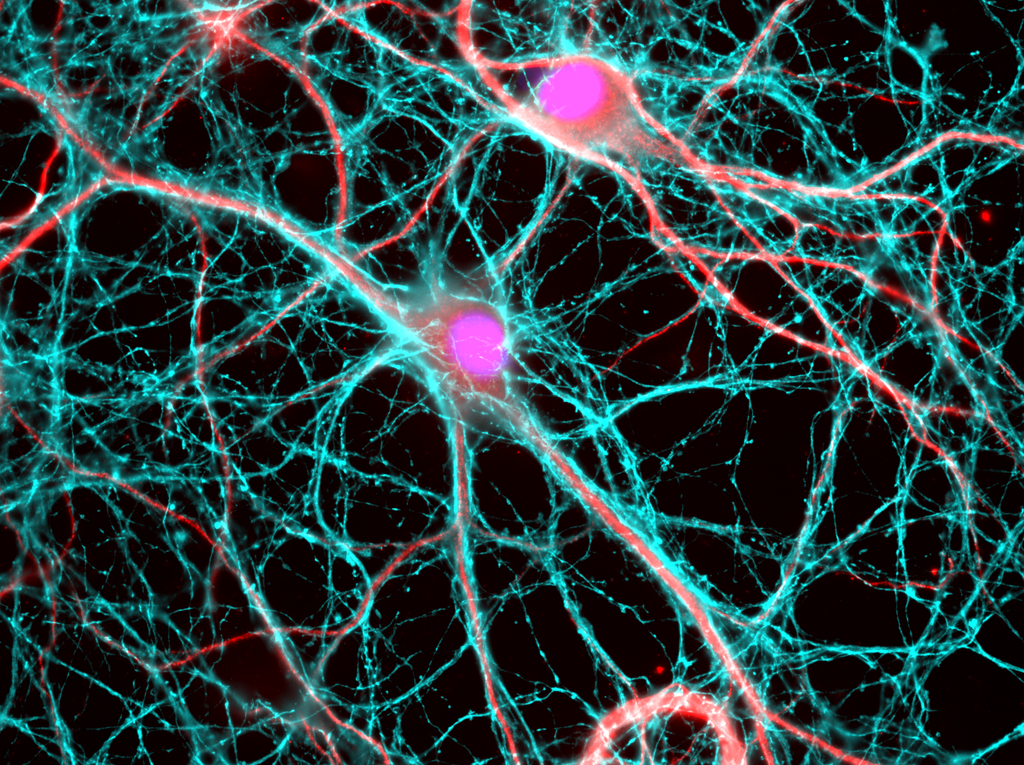
Research
Alzheimer’s Disease
Alzheimer's disease (AD) is the most common neurodegenerative disease, affecting over five million people in the United States with only modestly effective treatments available.
Our work focuses on tau and genetic risk factors for AD, aiming to understand the role these proteins play in neuronal function, how they go awry in AD, and how they could be targeted therapeutically. For example, we found that tau reduction protects against Aβ, the main driver of AD, and that tau plays an important role in controlling neuronal excitability. Current projects are focused on understanding the cellular mechanisms and developing therapeutics based on these mechanisms.
Frontotemporal Dementia
Frontotemporal dementia (FTD) is the most common cause of early-onset dementia. FTD tends to strike at a younger age than AD (typically in the 50’s), and causes a different set of symptoms with behavioral and personality changes, social withdrawal, and repetitive behavior.
FTD is also more likely than AD to be caused by genetic mutations, and we study two of the major genetic causes of FTD, tau (MAPT) and progranulin (GRN) mutations. Tau mutations were the first genetic cause to be identified. Progranulin mutations, because they cause loss of progranulin function, present a unique treatment opportunity by replacing progranulin or restoring its function.
We have developed approaches for using progranulin-insufficient mice to study mechanisms of FTD and preclinically test potential therapies. For example, we found that progranulin gene therapy can correct abnormal social behavior and pathology in mice with progranulin deficiency, and these approaches are now being translated for human clinical trials.
Our Mission
Our mission is to understand the neurobiology of Alzheimer's disease and frontotemporal dementia and to contribute to developing new treatments for these conditions.
We aim to be recognized as a research environment that is rigorous, scrupulous, collegial, and fun, and an excellent place for training in neurodegenerative disease research.















